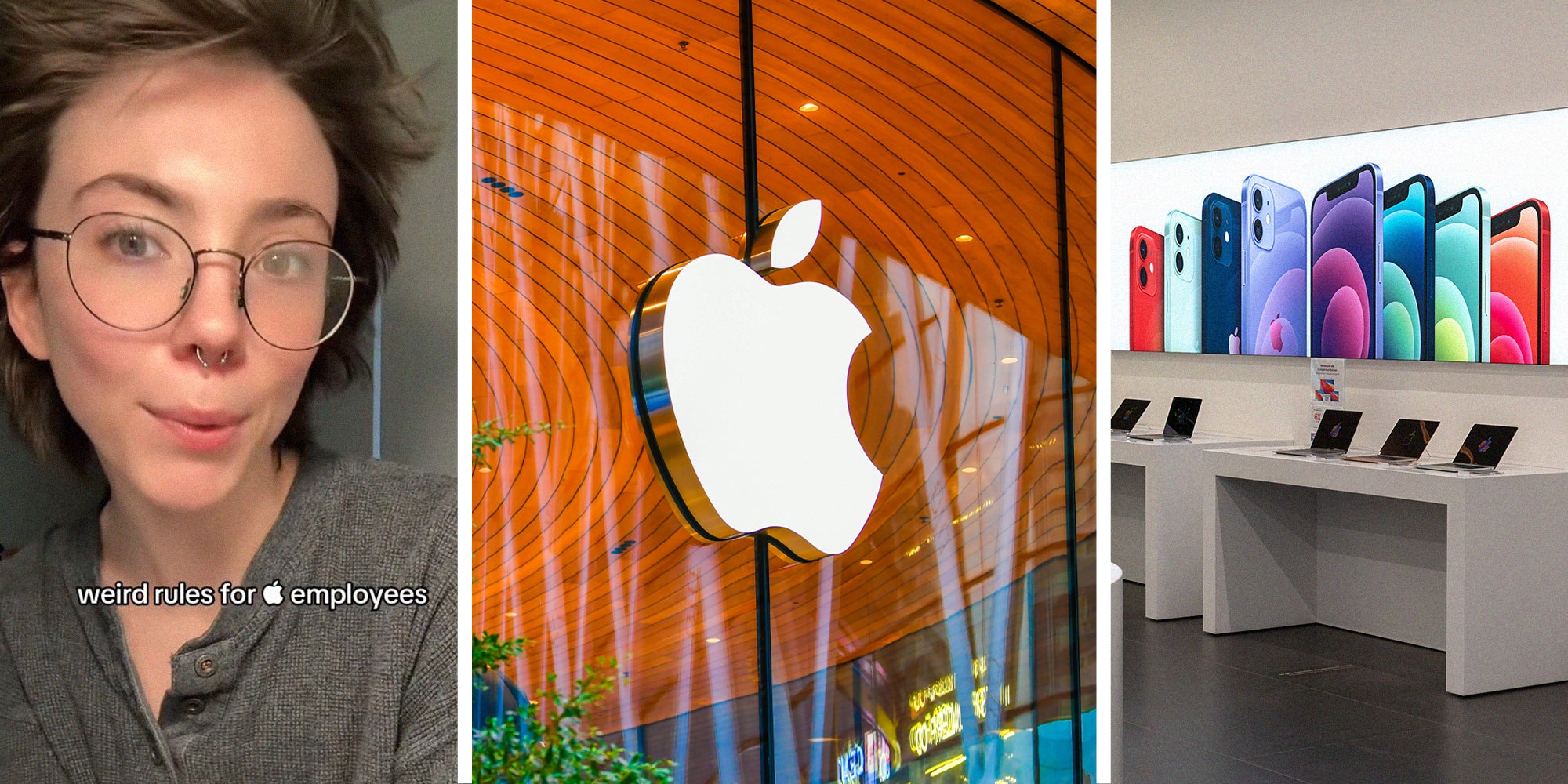
‘If I’m spending 1,000+ on a phone I want my bag’: Former Apple Store worker exposes how these rules force them to deny you perks
- 24.03.2025 00:00
- dailydot.com
- Keywords: Apple, Retail
A former Apple Store employee revealed internal rules that restrict employees from offering bags unless asked, forbid wearing Apple attire outside work, and require customers to handle devices themselves to create emotional connections. These policies aim to manipulate purchases but have sparked criticism for being overly controlling and manipulative.